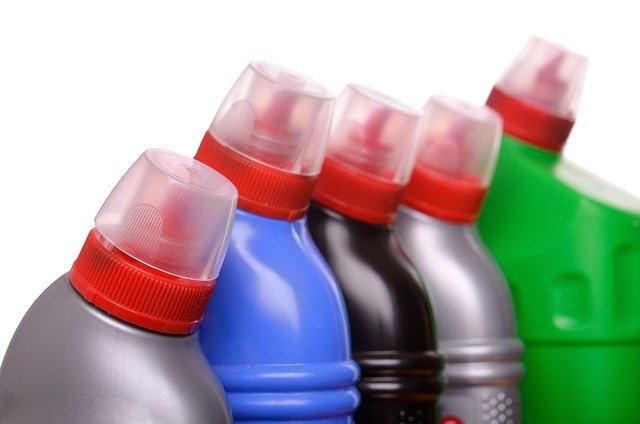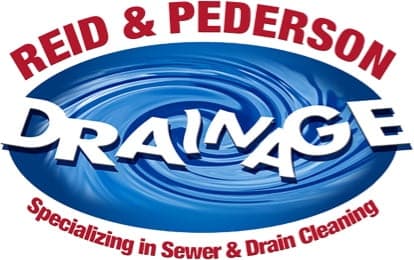A Drainage Minute: The Reid & Pederson Drainage Blog
A Drainage Minute: The Hidden Dangers of Liquid Drain Cleaners

We’ve all been there—a slow sink, a sluggish shower, and a so-called miracle product promising to clear any clog. You think, Why spend $225 on a professional when I can fix it myself for just $9?
Maybe that liquid cleaner will help. Maybe it will burn a small hole through the blockage, buying you time. But at what cost?
Liquid drain cleaners are harsh—no matter what the label claims. They work by creating a chemical reaction that generates heat. That same heat that dissolves a clog can also melt plastic pipes, weaken metal ones, and accelerate corrosion. In older homes, where pipes may already have unseen structural damage, using these products can be the final straw—leading to leaks inside walls, under sinks, or even catastrophic pipe failure.
The truth is, if it seems too good to be true, it probably is. What starts as a quick fix could turn into a costly, messy repair—far exceeding the price of a professional drain cleaning.
If you’re dealing with slow drains, play it safe. Call the Crete drain and sewer experts Reid & Pederson for expert service before a minor issue turns into a major headache.
Call (708) 757-9040The Harmful Effects of Chemical Drain Cleaners
If you’re a homeowner, you’ve probably experienced a clogged drain at some point. Before reaching for a chemical drain cleaner, it’s important to understand the real risks these products pose—not just to your pipes, but to your health and the environment.
Have questions? Reach out to the Crete drain and sewer experts at Reid & Pederson!
How Drain Cleaner Chemicals Work
Chemical drain cleaners come in a variety of formats, but they all work in a similar way. When poured down the drain, the chemicals interact with the clog and create a chemical reaction that generates heat. That heat is what breaks down the blockage.
Sounds great, right? Unfortunately, that same reaction can also harm your plumbing system—and more.
How Chemical Drain Cleaners Can Be Dangerous
Corrosion
Chemical drain cleaners are strong enough to cut through tough clogs, but they don’t stop there. They can also eat away at your pipes. This is especially true for PVC pipes or older metal plumbing, where the heat and caustic chemicals can accelerate deterioration, leading to cracks, leaks, or full-blown pipe failure.
Health Hazards
Drain cleaning chemicals emit toxic fumes that can cause respiratory irritation and other health issues. Contact with skin or eyes can result in painful burns—both for the homeowner and any technician later servicing the affected pipes.
Limited Effectiveness
Even when they seem to work, chemical drain cleaners often provide only a temporary fix. Most clogs form deeper in the pipe, where these cleaners may not even reach. And when they do, they tend to clear only part of the blockage—usually just the portion on the bottom of the pipe.
Environmental Impact
These products often contain harsh substances like hydrochloric acid, sulfuric acid, sodium hypochlorite, and lye. Once flushed down your pipes, they don’t simply vanish—they can find their way into groundwater and local water supplies, posing long-term environmental hazards.
How to Clean a Clogged Drain Without Chemicals
So what can you do instead?
Try a DIY alternative first: pour baking soda followed by vinegar down your drain, let it fizz, and allow it to sit overnight. This can help with minor clogs without damaging your plumbing.
However, many clogs are located deep in the drain line—far beyond the reach of DIY fixes. In those cases, professional help is the safest, most effective option.
Help from Your Local Drain & Sewer Pros
That $9 bottle might seem like a bargain—but the long-term damage can be much more costly. Trust the drain cleaning pros at Reid & Pederson to take care of your drains the safe and effective way.
If you’re dealing with a stubborn clog, don’t risk your plumbing, your health, or your home. Give the Crete drain cleaning experts at Reid & Pederson a call. Our knowledgeable technicians will clear your clog quickly and safely—no chemicals required.
Call (708) 757-9040